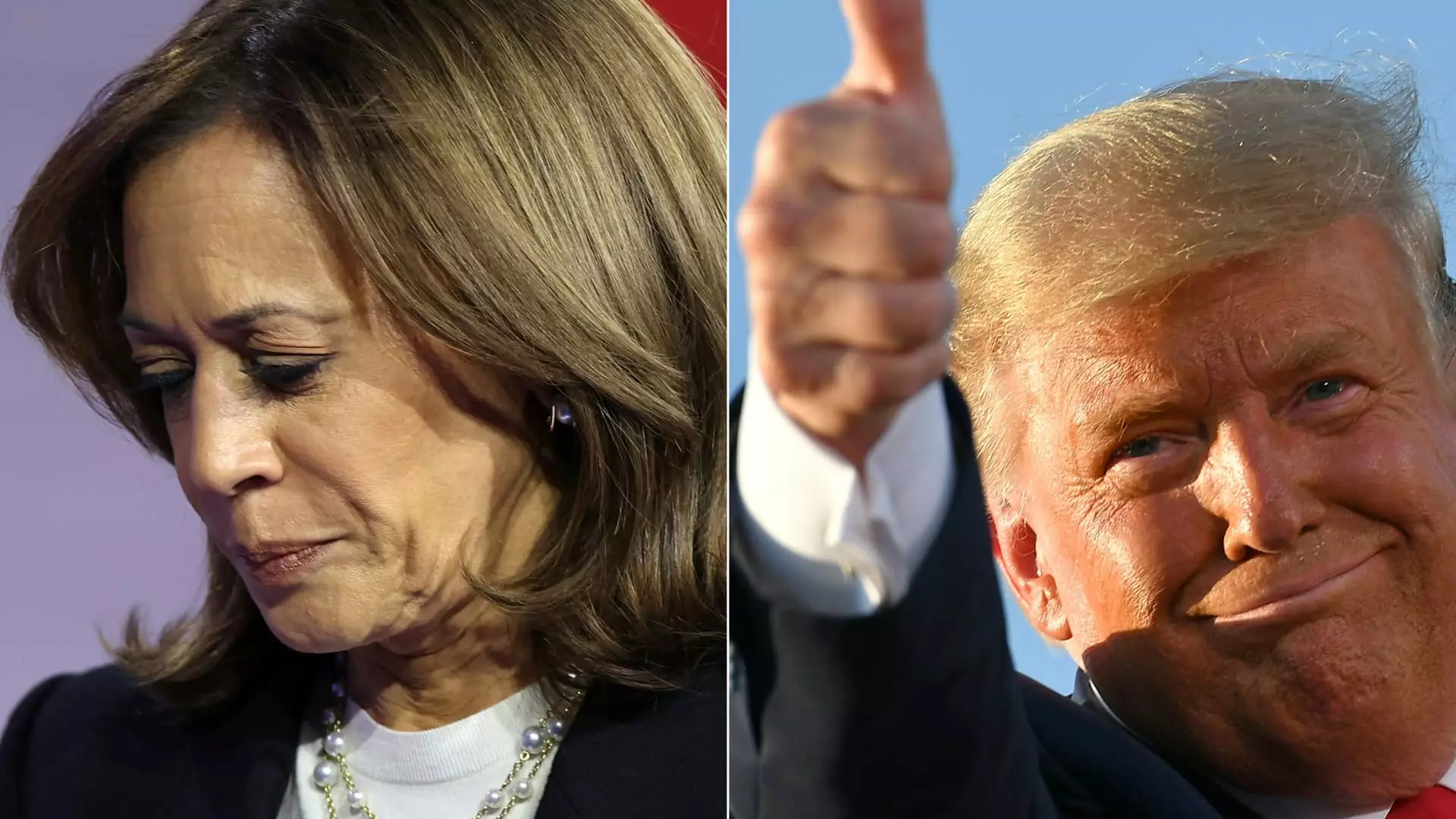The state of Arizona stands as a testament to the evolving nature of American politics. Once a stronghold for the Republican Party, it has undergone significant transformations over the past decade. Recent projections indicate that President-elect Donald Trump has reclaimed Arizona’s 11 electoral votes, marking a noteworthy shift from his results in the 2020 election against President Joe Biden.
In 2016, Trump triumphed over Hillary Clinton by a comfortable margin of 4 points, reinforcing Arizona’s red reputation. However, the tide began to change dramatically in the following years. The election of a Democratic governor and two Democratic senators, alongside growing voter engagement from diverse demographic groups, particularly the Latino population, altered the political landscape. Consequently, the state that was previously firmly in the Republican camp saw its electoral allegiance waver, making it a new battleground in national politics.
The 2020 Election and Its Aftermath
The 2020 election illuminated Arizona’s status as a pivotal state, wherein Biden managed to secure victory by an alarmingly slim margin of just 0.3 percentage points—effectively underscoring the fragility of political loyalties within the state. Biden’s narrow win was only the second occasion since 1992 where Arizona’s electoral votes have favored the Democratic candidate, highlighting an unprecedented and critical shift in voter sentiment.
Post-2020, Arizona became a focal point of political controversy, with Trump fervently promoting unsubstantiated claims about election fraud. His assertions found willing supporters among state Republicans, yet this alignment did not translate into electoral success for them in the 2022 midterms. The backlash against these claims and the failed candidates serving as a reminder of the realigned electorate, which increasingly demands honesty and accountability from its representatives.
The 2024 Presidential Campaign Dynamics
As we approach the 2024 presidential race, polling seems to indicate that Trump has regained a slight edge over Vice President Kamala Harris in Arizona. However, the race remains tightly contested, often falling within the margin of error, demonstrating that the state’s political allegiance remains in flux. In the background of this competition is an active voter registration campaign by Republicans, suggesting a strategic effort to reclaim ground lost to Democrats in previous elections.
Despite Harris’ campaign being notably well-funded and organized in Arizona, it is clear that the issues important to the electorate—economy and immigration—are crucial elements that Trump has leveraged effectively. Rising gas prices nationally have directly impacted voters’ perceptions, creating an avenue for Trump to push his agenda, particularly during his appearances at the Arizona-Mexico border.
Arizona embodies the complexities of contemporary electoral strategies, symbolizing the ongoing battle between evolving demographics and traditional party values. As Trump and Harris navigate the political landscape in the lead-up to the 2024 election, the strategies, insights, and events in Arizona will undoubtedly be instrumental in shaping the national political narrative. The state continues to illustrate that voter preferences can be ephemeral, influenced by a myriad of factors, as it remains a microcosm of nationwide trends in electoral engagement and party loyalty.

Leave a Reply